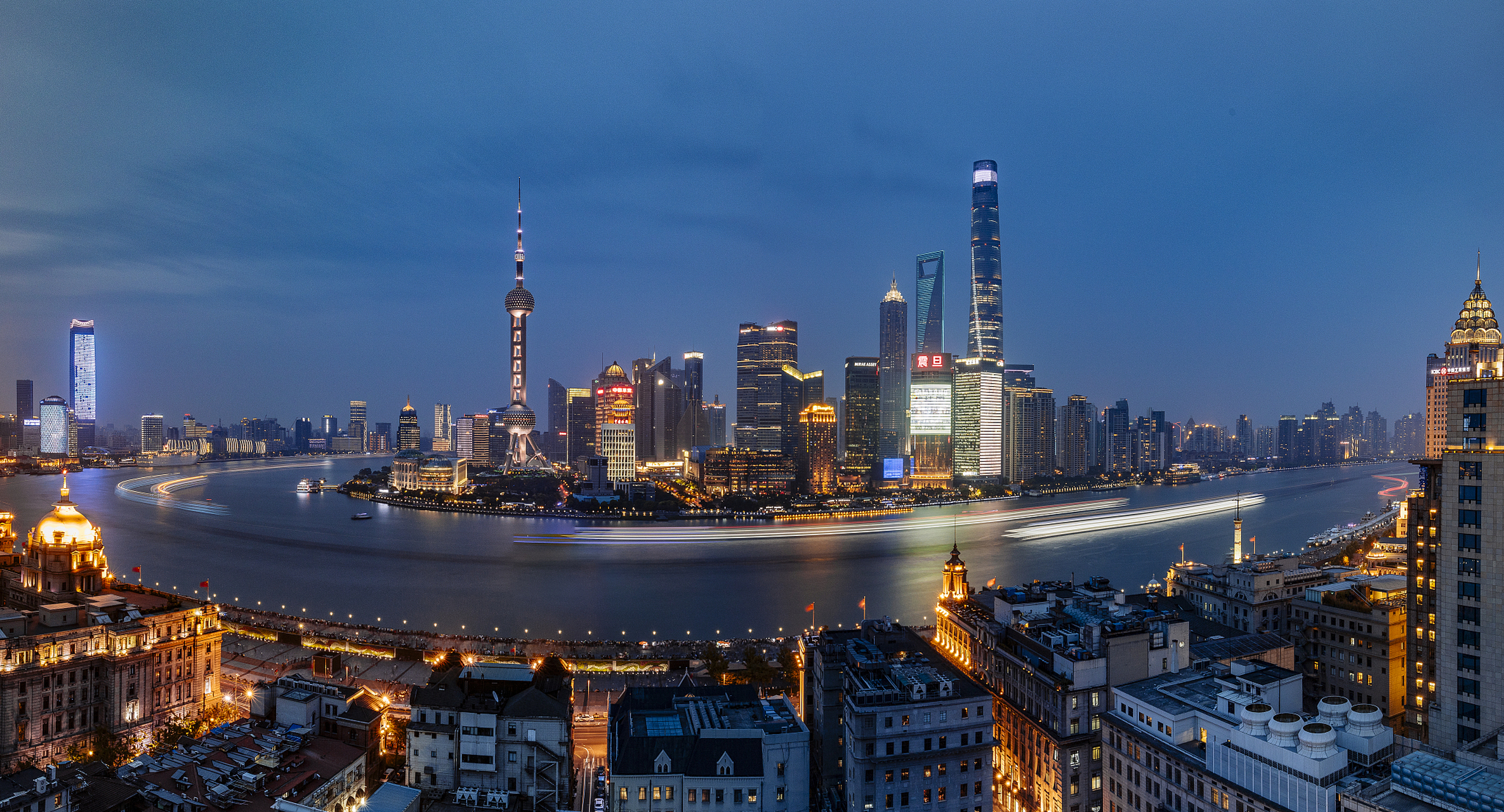Introduction
On the banks of the Huangpu River, a charming city tells her story. Shanghai, often called the “Paris of the East,” is renowned for its unique Hai Pai culture. Picture the Bund’s historic skyline, the nostalgic alleyways of Shikumen, and the stylish vibe of Xintiandi—each corner reflects the fascinating blend of East and West that defines the city.
Background Legends: The Birth of Hai Pai Culture
The Origin of Hai Pai Culture
Hai Pai culture emerged in Shanghai in the late 19th and early 20th centuries, born from the fusion of Chinese and Western influences. As a bustling trading port, Shanghai attracted merchants, artists, and intellectuals from around the globe. Their ideas and traditions merged with local customs, giving rise to this distinctive cultural identity.
Witness to Cultural Integration
The hallmark of Hai Pai culture is its inclusiveness—“embracing all rivers.” From architecture to lifestyle, from art to business, this spirit of openness shaped not only Shanghai but also modern Chinese culture.
Unsolved Mysteries: Fascinating Cultural Phenomena
The Architectural Code of Shikumen
Shikumen, the most iconic housing style in Shanghai, blends traditional Jiangnan courtyards with Western decorative elements. Beyond their brick-and-stone façades, these residences embody collective memory—every doorway whispers stories of old Shanghai.
The Bund’s International Architecture
The Bund is a living museum of architectural styles, showcasing Gothic, Baroque, Neoclassical, and more. These buildings stand as symbols of Shanghai’s past glory and its role as a cultural crossroads.
The Fashion Spirit of Xintiandi
Xintiandi represents the modernization of Hai Pai culture. By combining preserved Shikumen architecture with trendy cafés, boutiques, and art spaces, it has become both a shopping destination and a hub for creative industries.
Attraction Guide: Exploring Hai Pai Culture
The Bund Historical and Cultural Area
- Address: Zhongshan East Road, Huangpu District, Shanghai
- Opening Hours: Open 24 hours
- Tickets: Free
Highlights
- International Architecture Complex: Admire the variety of global styles
- Huangpu River Night View: Experience Shanghai’s glamour at night
- Bund Sightseeing Tunnel: A fun way to cross the Huangpu River
- Origin of the Bund: Trace the roots of Shanghai’s development
Getting There
- Metro: Line 2 or Line 10 → Nanjing East Road Station
- Bus: Several bus lines go directly to the Bund
- Walking: Only 10 minutes from Nanjing Road Pedestrian Street
Best Visiting Time
- Spring (March–May): Comfortable weather for strolling
- Autumn (September–November): Crisp air, best night views
- Avoid: Hot, humid summers and chilly winters
Fun Stories: Tales of Hai Pai Culture
The Legendary Shikumen
Shikumen houses are more than architecture—they are part of Shanghai’s cultural memory. Writers, artists, and intellectuals once lived and created here, leaving a rich legacy.
The Transformation of the Bund
From humble mudflats to a global financial hub, the Bund mirrors Shanghai’s rise. Each building—from banks and hotels to former consulates—tells a chapter of the city’s story.
The Reinvention of Xintiandi
Xintiandi’s revival is a model of cultural innovation. By merging traditional Shikumen with modern commerce, it set a benchmark for urban renewal in China.
Practical Tips
Visiting Suggestions
- Plan Ahead: Expect crowds at the Bund
- Wear Comfortable Shoes: Lots of walking involved
- Bring a Camera: Night views are spectacular
- Stay Alert: Watch your belongings in busy areas
Accommodation
- Near the Bund: Scenic views, convenient transport
- Nanjing Road District: Great for shopping, wide hotel choices
- Near Xintiandi: Trendy atmosphere, cultural vibe
Food Experience
- Benbang Cuisine: Classic Shanghai dishes, with a touch of sweetness
- Xiaolongbao: Soup dumplings, a must-try local delicacy
- Shengjianbao: Pan-fried buns, a crispy and juicy breakfast favorite

Leave a Reply